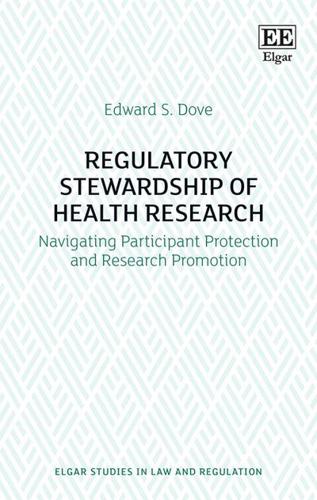Publisher's Synopsis
This timely book examines the interaction of health research and regulation with law through empirical analysis and the application of key anthropological concepts to reveal the inner workings of human health research. Through ground-breaking empirical inquiry, Regulatory Stewardship of Health Research explores how research ethics committees (RECs) work in practice to both protect research participants and promote ethical research.
This thought-provoking book provides new perspectives on the regulation of health research by demonstrating how RECs and other regulatory actors seek to fulfil these two functions by performing a role of 'regulatory stewardship'. This involves guiding researchers through stages of research approval, as well as seeking to maximise benefits for participants and society while minimising risks. Arguing that participant protection and research promotion should rightly be treated as twin objectives for health research regulators, this book asserts that there is a need for more overt recognition of the importance and function of the deliberative space in which RECs can negotiate the risks relevant to a research application.
This book is a key resource for academics and students interested in health research and regulation, and the dynamic interaction of ethics and the law. Regulators and policy-makers will also find it to be an insightful and illuminating text for the practical insights that it reveals about research governance in action.










